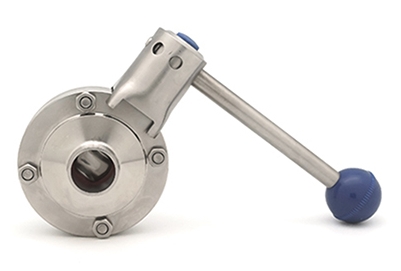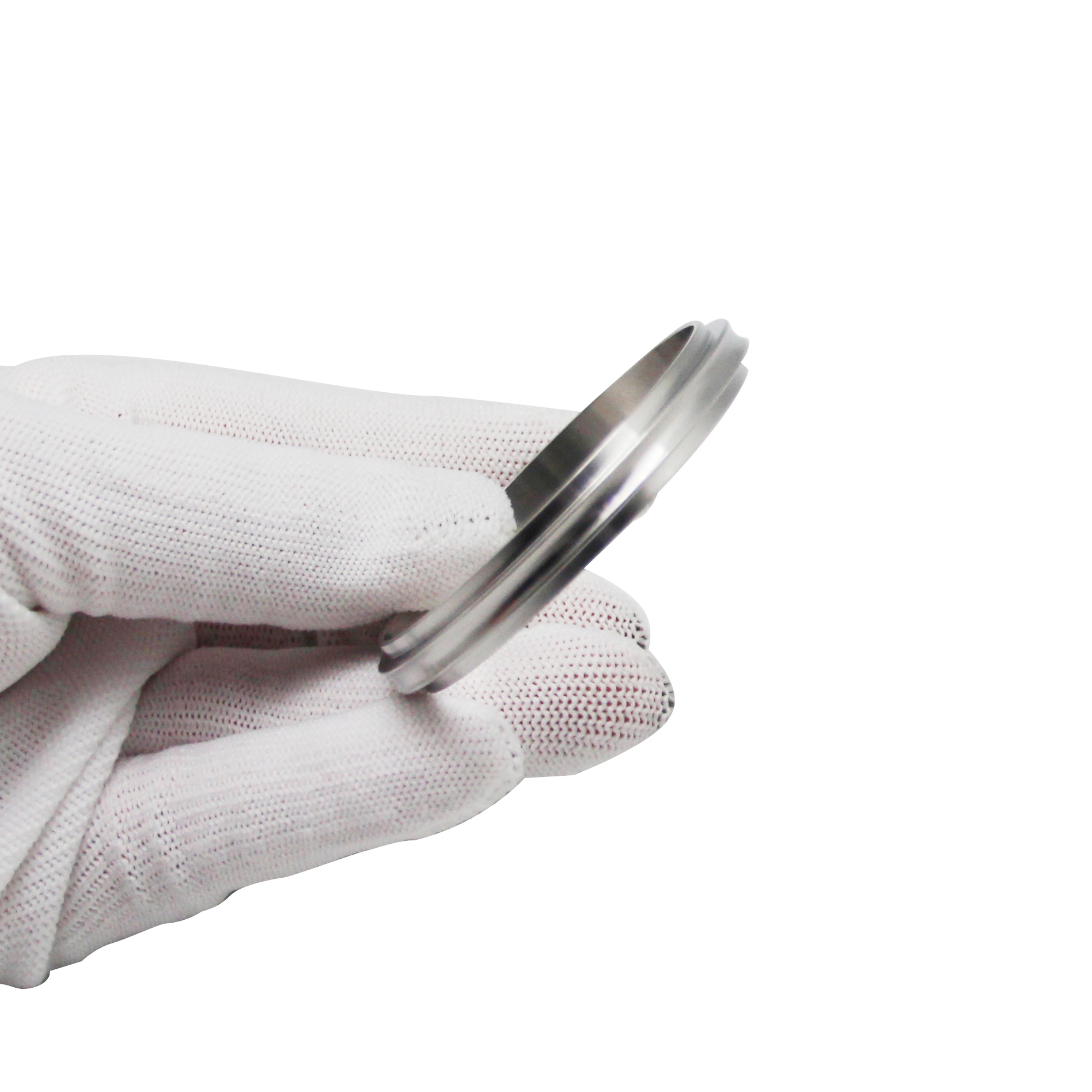What is a Sanitary Valve?

 by admin
by adminIn industrial production and processing, sanitary valves play a vital role. This article will give you an in-depth understanding of the definition, function and application of sanitary valves in different fields.
What is a sanitary valve?
Sanitary valves are often used to control the flow of fluids and ensure that the production process meets sanitary standards.
What material is the sanitary valve made of?
Sanitary valves are usually made of high-quality materials such as stainless steel, which are anti-corrosion, easy to clean, and have no dead ends.
What is the function of sanitary valve?
1. Control the flow of fluid
The main function of sanitary valves is to control the flow of fluids to ensure that products produced in industries such as food, beverages and pharmaceuticals meet sanitary standards.
2. Regulate the fluid
Sanitary valves can be used to regulate fluid pressure, flow and temperature while preventing contamination and cross-contamination.
3. Security
Sanitary valves can also achieve pipeline isolation and discharge during the production process to ensure the safety and reliability of the equipment.
What are the application areas of sanitary valves?
1. Food and Beverage Processing
In the food and beverage industry, hygienic valves are often used to control the flow of liquids such as beverages, dairy products, juices and beer
2. Pharmaceutical industry
In the pharmaceutical industry, sanitary valves are used to control the transportation of pharmaceutical raw materials and the flow during processing.
3. Bioengineering
In the field of bioengineering, sanitary valves are used to control the production and processing of biological agents.

As an important part of industrial production, sanitary valves not only play a key role in ensuring product quality and production efficiency, but are also of great significance in maintaining the hygiene and safety of the production environment.







